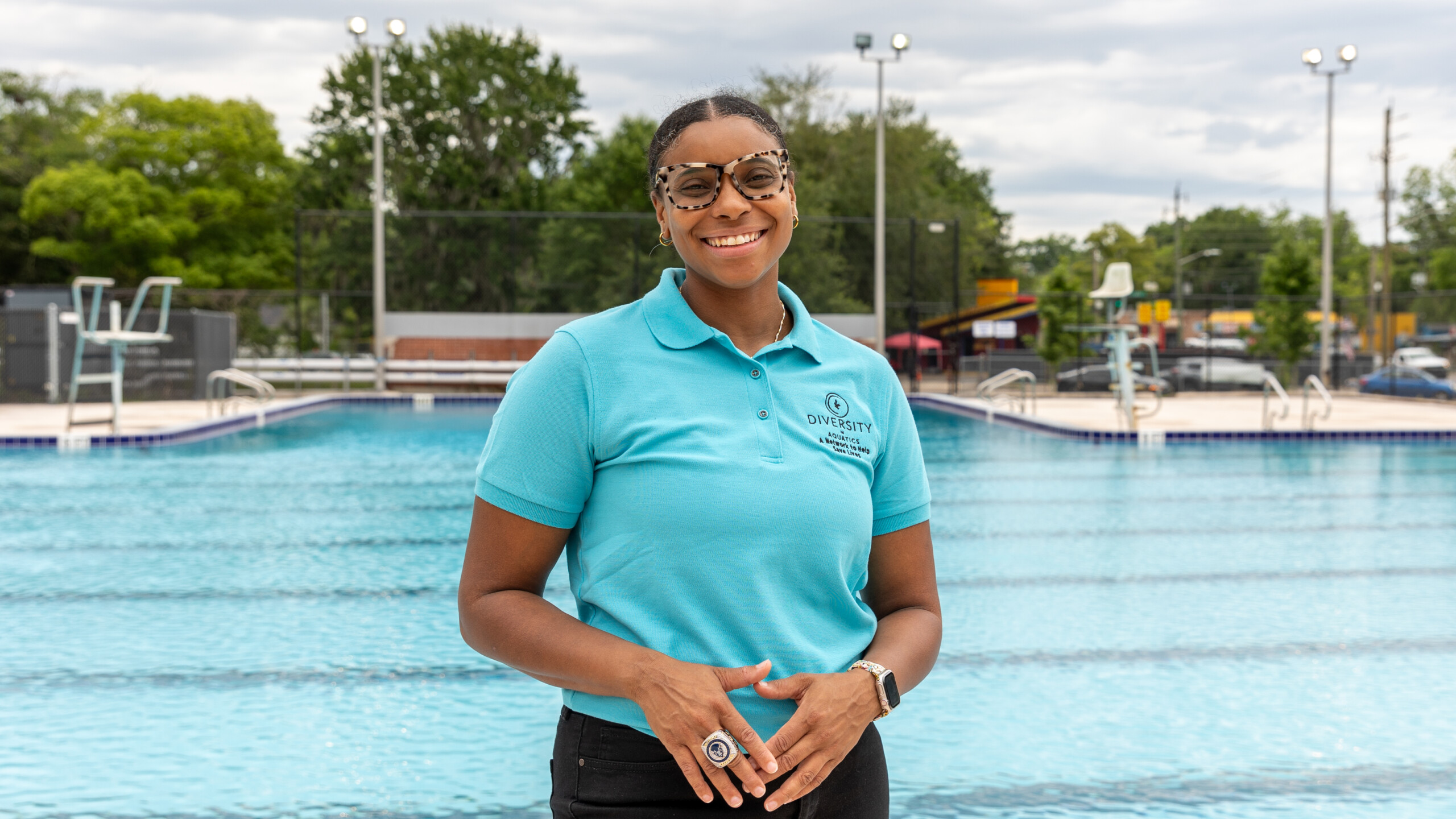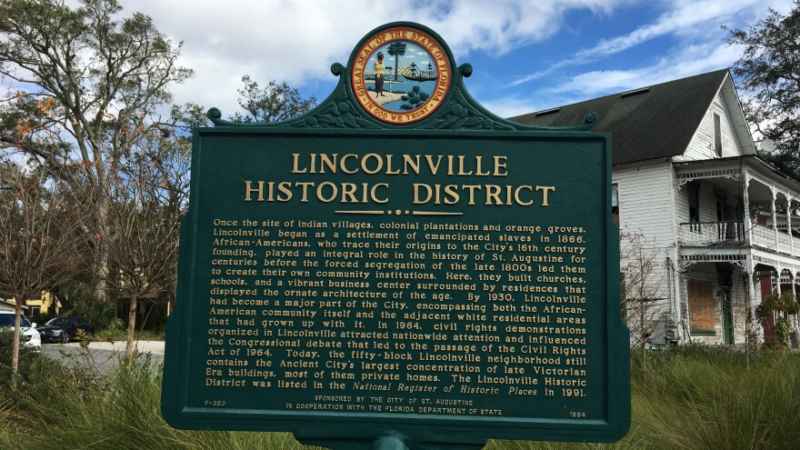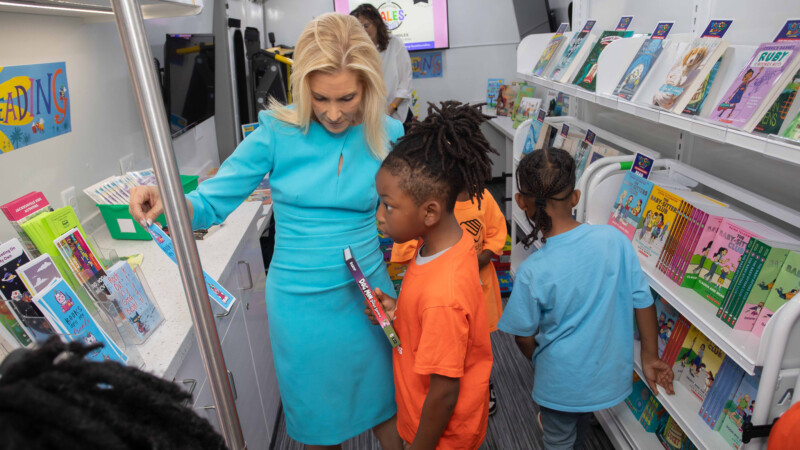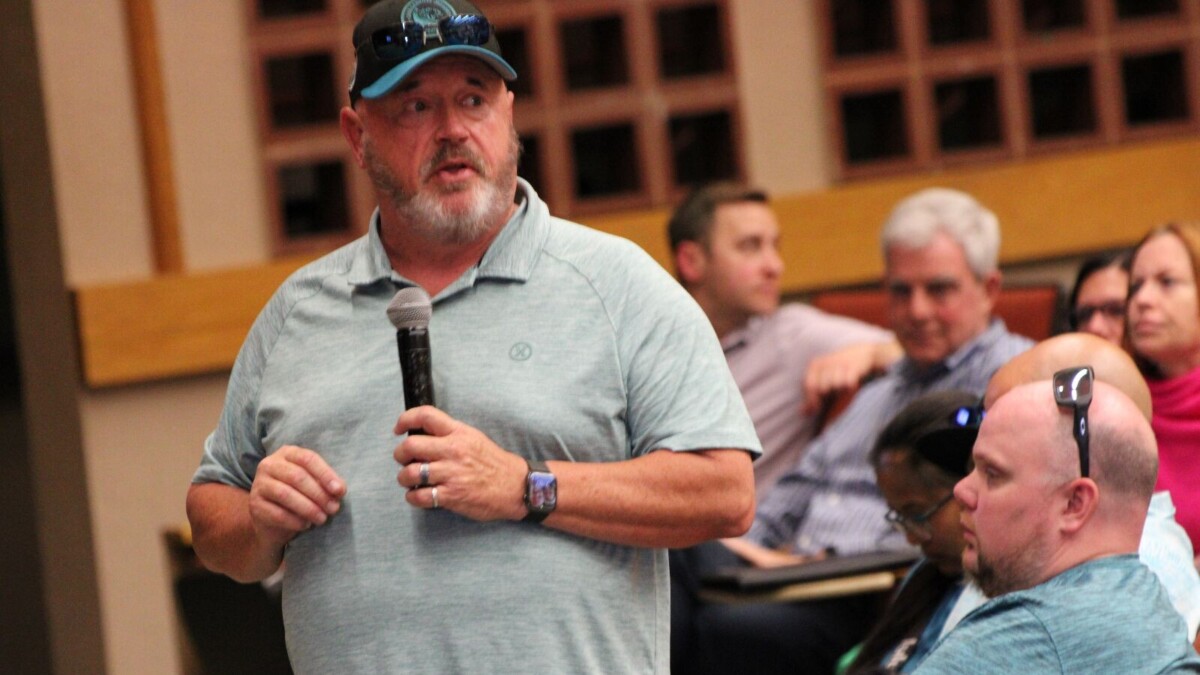Tony Hill may have stood near the edge of the pool at Clanzel T. Brown Park Wednesday afternoon, but his heart was set on the memory of Abigail Walker.
In 2019, Abigail meandered from her home in the Dunn’s Crossing neighborhood in Northwest Jacksonville and drowned in a nearby retention pond. She was 4 years old.
Hill’s home was a short distance away. Her memory spurred the former state senator to do all he could to ensure other families do not have to endure similar heartbreak, by making sure more young people learn how to swim.
“We need to get our young people into the pool,” Hill says. “Now it’s a thing where ‘I can’t swim. I don’t think I’m going to go around the water.’”
On Wednesday’s International Water Safety Day, Hill stood alongside Howard University swim coach Miriam Lynch and city of Jacksonville Parks, Recreation and Community Services Director Daryl Joseph to stress the importance of children learning how to swim ahead of the summer.
Lynch is also the executive director of Diversity in Aquatics, a nonprofit that looks to eliminate disparities in pool and aquatics access through partnerships that create a pipeline of instructors or teach children how to swim directly.
Lynch worked with students at Oak Hill Academy on Wednesday as part of a campaign to get more children familiar with swimming. The school on Jacksonville’s Westside is specifically geared for students on the autism spectrum.
“There are so many students that need to have this water safety message,” Lynch said. “To be able to talk to our students and have them touch what a life jacket feels like, to talk about their experiences in the water and how they are relating to the water and what was important to them was one (point.)”
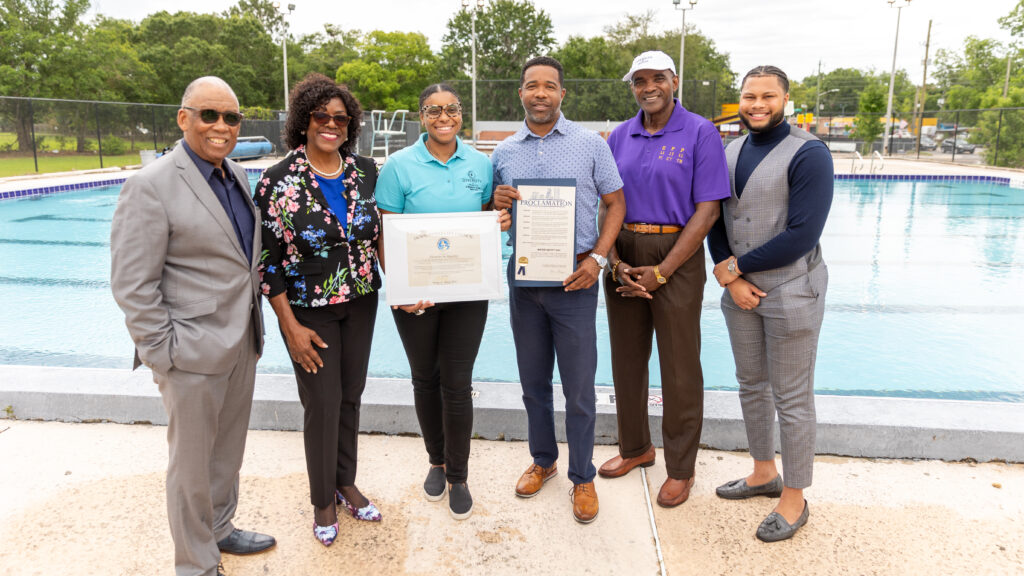
According to the Centers for Disease Control, drowning is the leading cause of death for children on the autism spectrum.
And Black and Latino children who are not on the spectrum are more likely to die via drowning than white children.
Research from the U.S. Swimming Foundation indicated nearly half of all Latino children (45%) and nearly two out of three Black children (64%) have little or no swimming ability. That 2017 report also found that if parents do not swim, only 19% of children in their household will learn to swim.
“We want it to be a community effect,” Lynch said. We want that not only the child is learning water safety, but the adult is also learning water safety as well and doing it with their child.”
With the city of Jacksonville’s Parks, Recreation and Community Services department set to open 30 public pools on Memorial Day weekend, Lynch said now is the time for parents and children to prepare for a summer in and around the water.
Between 2018 and 2021, Florida had the fifth-highest drowning rate in the country: an average of 2.07 deaths per 100,000 people, according to CDC data. The four states with higher drowning rates – Alaska (4.4), Hawaii (3.34), Montana (2.32) and Louisiana (2.31) – have a combined population smaller than Florida’s.
More help to prevent drowning may be on the way this summer. In April, Gov. Ron DeSantis signed a bill (SB 544) that will create a swimming lesson voucher program for children. It goes into effect on July 1.
Jessica Winberry, a prevention coordinator at Wolfson Children’s Hospital, said the law may remove a financial barrier that previously prevented children from learning to swim.
“It has the potential to save lives,” Winberry says. “Following through on swim lessons is the key. With the vouchers available, follow through is the key. One swim lesson is not enough. Maybe eight is not enough. Every child is different and it’s a layer of protection.”
The Florida Department of Health reported 14 drowning deaths in Duval County 2022. The county’s drowning rate is below the state and national figures, but Hill believes one death is too many.
On Saturday, when the city hold a festival at Oceanway Park, it will also hand out information on how parents can sign children up for the free swim lessons.
“In Jacksonville we are around retention ponds, we have a river, we have beaches. You’re constantly surrounded by water,” Joseph said. “There is a benefit for youth, as well as adults, to be able to swim and be comfortable in water.”



